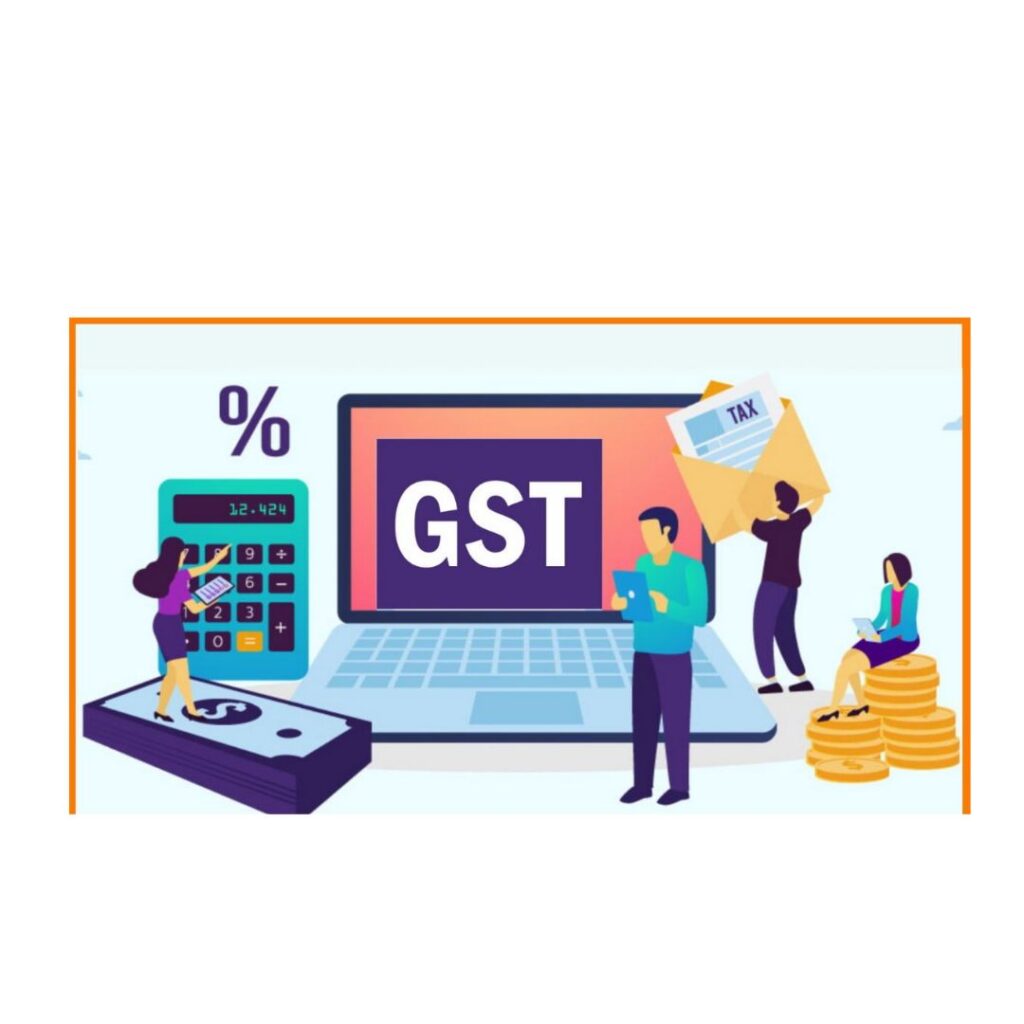GST compliance rating
The Goods and Services Tax (GST) compliance rating is a unique initiative introduced by the Indian government to enhance transparency and encourage businesses to adhere to GST regulations. It reflects the compliance behavior of a business in relation to filing returns, paying taxes, and maintaining accurate records under the GST framework. This rating system not only promotes better compliance but also serves as a trust marker for businesses within the broader ecosystem of suppliers, customers, and tax authorities.
This article explores the concept of GST compliance rating, its significance, and how businesses can benefit from maintaining a high score.
What is GST Compliance Rating?
The GST compliance rating is essentially a performance score given to businesses base on their adherence to GST laws. The score is determined by factors like timely filing of returns, proper tax payments, accurate reporting, and overall compliance with GST procedures. The rating aims to provide a transparent metric that helps tax authorities monitor the compliance of businesses and encourages businesses to stay in line with the requirements.
Businesses with higher compliance ratings are viewed as more reliable.
Which can enhance their relationships with customers, vendors, and even financial institutions.
How GST Compliance Rating is Calculate
The GST compliance rating is calculate base on several key factors:
- Timely Filing of Returns: The primary criterion is how regularly and on time a business files its GST returns (GSTR-1, GSTR-3B, and annual returns). Consistent late filing leads to a lower rating.
- Accuracy of Returns: The accuracy of the data filed, such as correct invoice matching and reporting of inward and outward supplies, is critical. Mismatches or errors in filings negatively affect the rating.
- Tax Payment: Timely and correct payment of GST liabilities plays a major role. Delay or insufficient payments lead to penalties and a decline in compliance ratings.
- Claiming of Input Tax Credit (ITC): Proper and valid claims of ITC are essential. Invalid or inflate claims for tax credits will lower the compliance score.
- Adherence to GST Rules and Regulations: Following all prescribed GST rules, such as issuing correct invoices and maintaining appropriate records, will positively influence the compliance rating.
FAQs:
-
What is GST compliance rating?
- It’s a performance score assign to businesses base on their adherence to GST rules, such as timely filing of returns and accurate tax payments.
-
How is the GST compliance rating calculate?
- It is calculation base on factors like timely return filing, tax payments, accuracy in reporting, and compliance with GST laws.
-
Why is the GST compliance rating important?
- A high rating enhances business credibility, reduces chances of audits, and fosters trust with suppliers, clients, and tax authorities.
-
How does timely filing of GST returns affect the rating?
- Timely filing improves the compliance rating, while delays negatively impact the score.
-
Can GST compliance rating affect business opportunities?
- Yes, businesses with high ratings are prefer by partners, and may enjoy better credit and contract opportunities.
-
What happens if I don’t pay GST on time?
- Delays in GST payments reduce your compliance rating and may result in penalties or interest charges.
-
Can errors in GST returns lower the compliance rating?
- Yes, inaccuracies in filing or mismatches in data can negatively impact the rating.
-
Is the GST compliance rating public?
- The rating may be visible to other businesses and tax authorities, influencing decisions related to contracts or partnerships.
-
How can a business improve its GST compliance rating?
- By filing returns on time, making accurate tax payments, ensuring proper record-keeping, and staying updated with GST rules.
To visit https://www.gst.gov.in/

